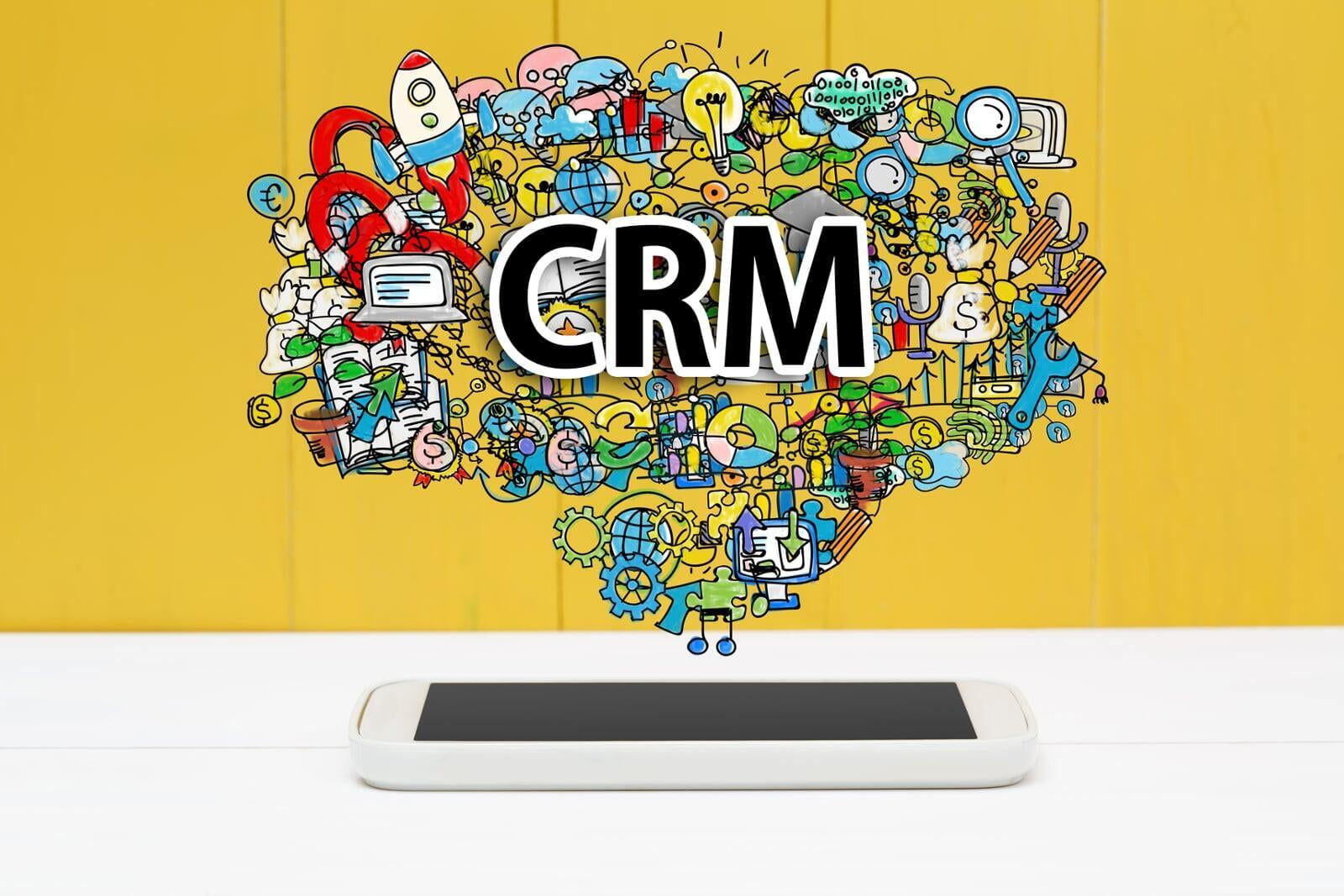Maximizing Sales Impact: Harnessing CRM for Business Growth
If you are thinking about implementing a CRM or have a CRM that isn’t delivering the results you want, this article will help you understand what your CRM should do for you and what pitfalls you should avoid.
CRM History
CRM stands for Customer Relationship Management, a critical element for fostering and nurturing customer relationships in business. CRM software actively keeps track of prospects' contact details and communication timelines, manages customer data and interactions, and monitors potential future needs. It also acts as a hub for managing opportunities and organizing tasks.
CRM technology has evolved from simple paper-based Rolodex systems to complex cloud-based SaaS like Sales Force. The steps between rolodex and modern CRMs were many. The simplest tools were things like Excel and ACT. The next iterations were server-based programs like Siebel and Oracle. The first stand-alone program was Goldmine, then Sales Force put it in the cloud. Now CRMs can do way more than manage contacts and deals. These tools have gradually transformed how businesses manage sales and customer information. Picking the right tool for your organization is the first step among many.
What CRMs Can Do
Modern CRMs enhance sales, support, and channel management. They enable sales teams to track opportunities, manage contacts, document notes, organize tasks and meetings, and maintain key accounts through automation. For support, CRMs offer case management, problem resolution tracking, and client history monitoring. They also streamline channel management with tools for managing funnel activities, channel partner development, and overall channel strategies.
When implemented and used properly, CRMs promote effective communication across teams, produce insightful reports across an organization, align organizational goals, facilitate strategic planning, and help manage cash flow.
CRMs are not just repositories for data; they serve as the central nervous system of a business's sales and support network. They give life to the data, making it actionable and informative. For instance, sales teams use CRMs to prioritize and track every stage of the sales pipeline, from prospecting to closing deals. This not only helps them stay organized but also enables them to forecast future sales and tailor their strategies accordingly. The data within CRMs can reveal patterns in customer behavior, preferences, and pain points, allowing for a more personalized and effective sales approach.
On the support side, CRMs are equally transformative. They empower support teams to quickly access complete customer histories, understand past issues, and proactively address potential future problems. This holistic view ensures that customers receive consistent and informed support, which is essential for building trust and loyalty. Moreover, CRMs can automate routine tasks, such as ticket routing and follow-up reminders, allowing support staff to focus on resolving complex issues and enhancing the overall customer experience.

Pitfalls to avoid when setting up a CRM
Implementing a CRM system requires avoiding common pitfalls. It's crucial to start with a clear strategy: identify who will use the system, their usage patterns, the goals it needs to achieve, and the required reports. It's equally important to track the right stages, establish clear CRM processes and rules, and avoid overcomplicating the system with too many fields and dropdowns. Maintaining clean and organized data with strict entry protocols is imperative.
When setting up a CRM, it's essential to focus on opportunities rather than just activities and maintain clear rules for CRM processes and entries. It's also necessary to limit the number of fields to avoid clutter and ensure meaningful measurements. Developing a consistent data-entry protocol for naming conventions, update stages, and note-taking ensures data integrity. Moreover, when teams adhere to a unified protocol, it minimizes confusion, prevents errors, and saves time that would otherwise be spent on deciphering inconsistent data entries. This attention to detail in data management directly impacts the quality of reports generated, ensuring that businesses can make informed decisions based on reliable information.
Understanding channel sales is crucial, which involves distinguishing channel partners from end-users, ensuring comprehensive channel activity reports, and tracking channel interactions and training.
Get Help
CRMs are complex tools used differently by your team and often integrate with marketing, quoting, accounting and other tools. Navigating CRM implementation often requires external support, as it's not just about installing a system but about ingraining a customer-focused mindset throughout the company. A CRM strategy, thoughtfully implemented, will deliver better efficiency and deeper customer insights and over time, contribute to a company's growth and success.
Want to create a kick-ass sales strategy?
Book a 30-minute strategy call today!
For more great articles, sign up for our newsletter!
